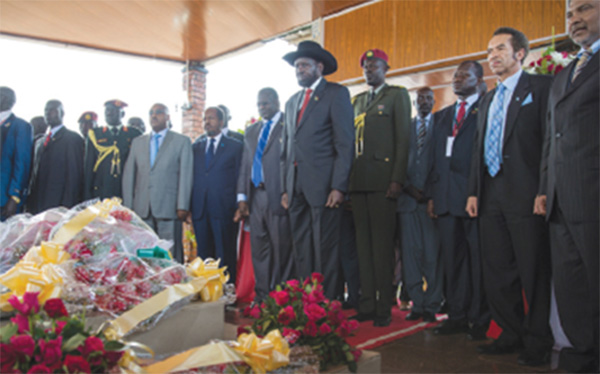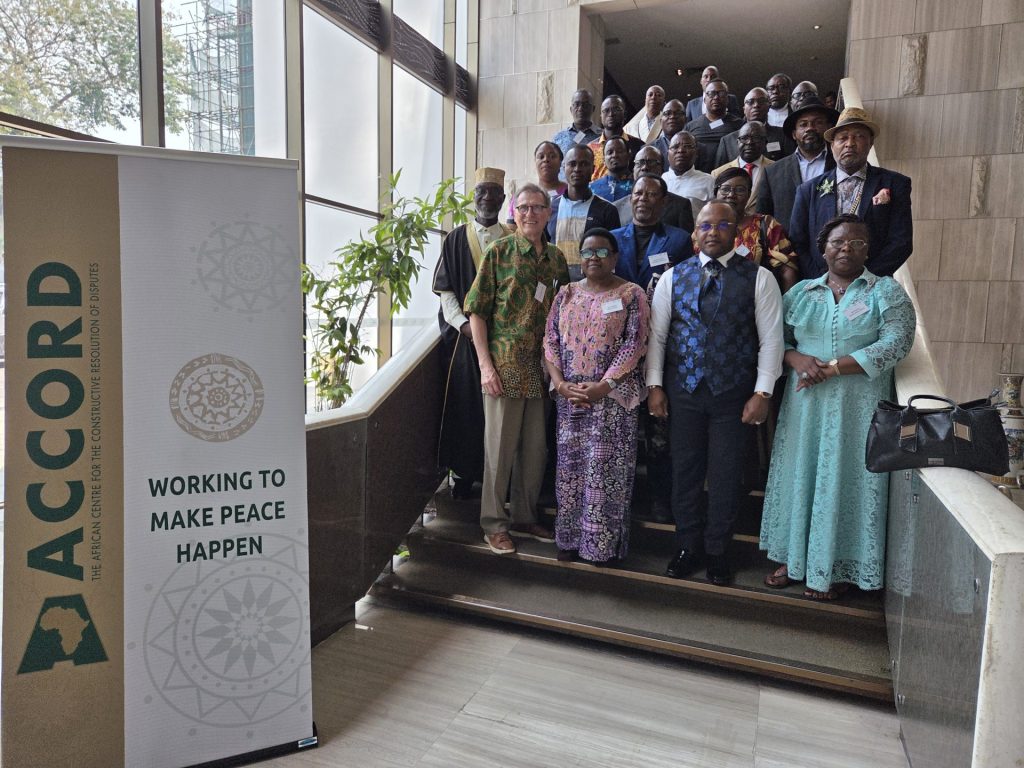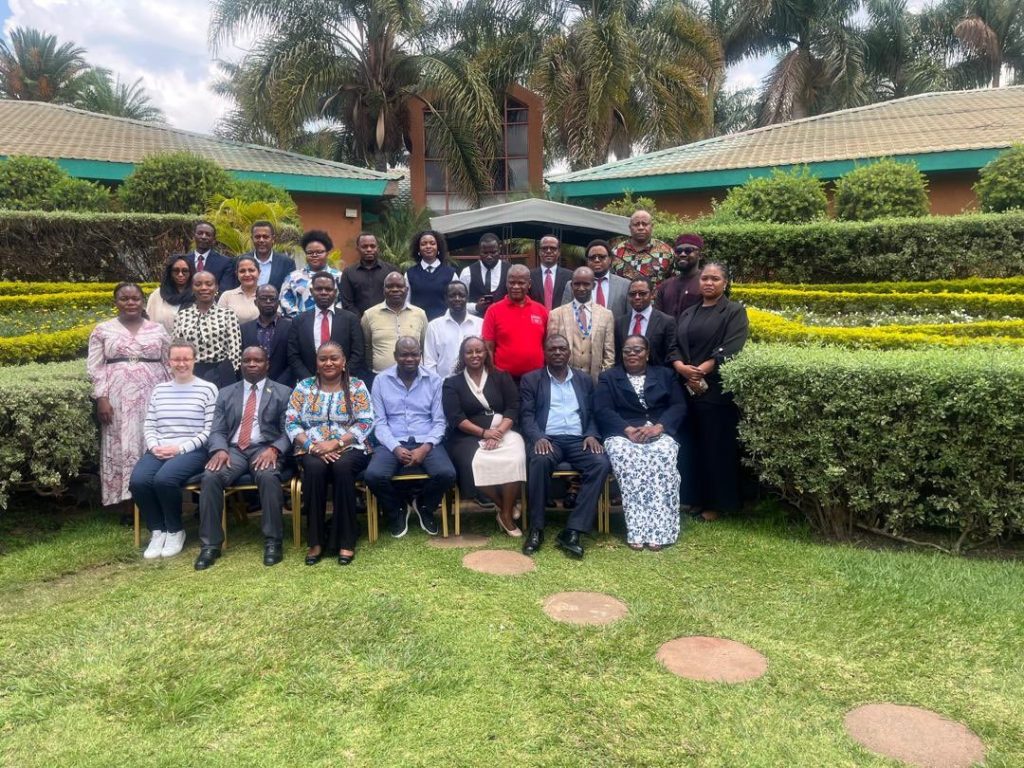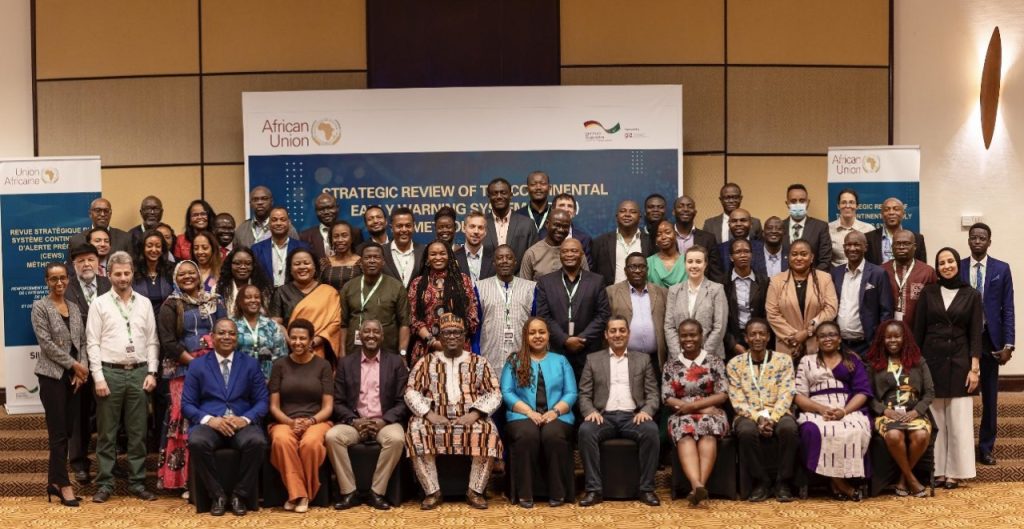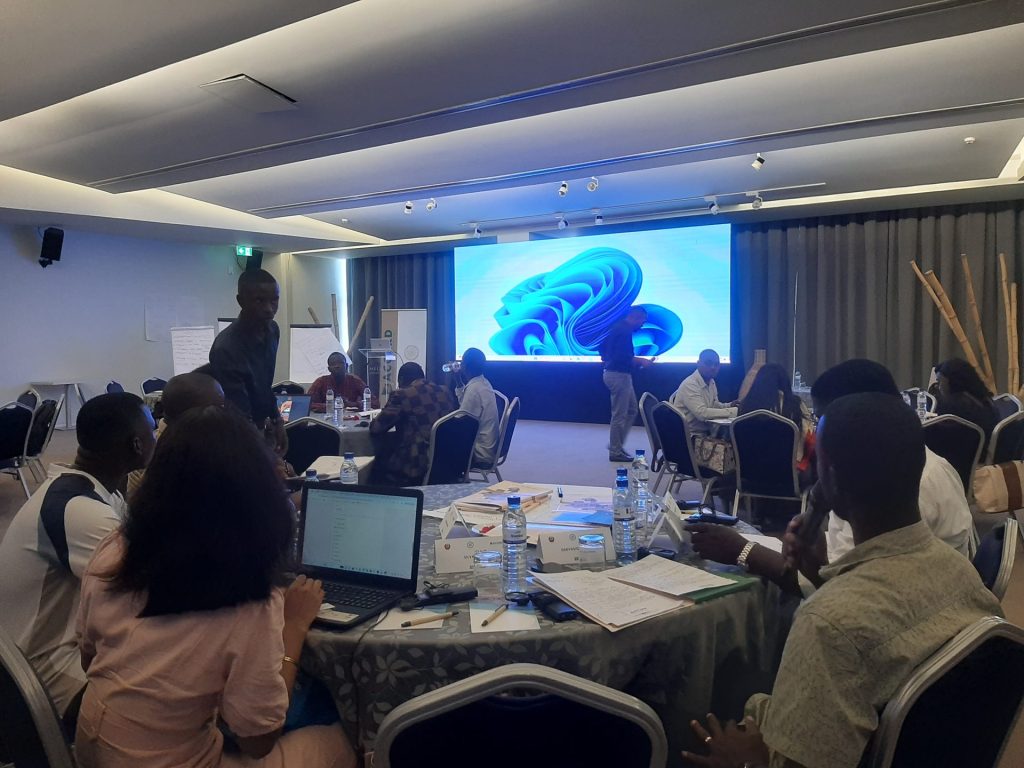The various options available to a country that wishes to face and address the legacy of grave crimes perpetrated against, and at times even by, its people in efforts to acquire justice for survivors of conflict are the focus of the latest Policy & Practice Brief published by the African Centre for the Constructive Resolution of Disputes. With reference to the recently launched reconciliation process in South Sudan, the Brief examines the options available and the benefits of reconciliation as opposed to retributive justice.
The Brief, which is entitled Reconciliation without regret: National healing and reconciliation in South Sudan, was written by ACCORD’s Dr Kwesi Sansculotte-Greenidge, Emile Yanaki Taban and Nhial Gogok.
The authors outline that two years after independence from the Republic of Sudan on 9 July 2011, one of the most daunting tasks for South Sudan is creating a ‘nation’ from the mosaic of regional and ethnic groupings which reside in the country. They explain that the implementation of a transitional justice process, such as reconciliation or national healing, is key to achieving a united nation and preventing and mitigating further conflicts, but question what ‘reconciliation’ means in the South Sudanese context.
In this timely brief, the authors examine the reconciliation process that post-conflict South Sudan has embarked on, reflecting on the country’s planning and implementation, progress made to date and how institutions and actors in the country can best be supported to achieve sustainable peace. With reference to reconciliation initiatives implemented in post-conflict Rwanda, Sierra Leone and South Africa, this PPB outlines the following key challenges to the success of the South Sudanese process:
- limited time available for preparations
- limited engagement with citizens at local and national level and the resultant inadequate input from relevant stakeholders
- threatened backlash from stakeholders not adequately involved in the process who could derail the reconciliation initiative and undermine its neutrality
- funding shortfalls due to the fact that the Government of South Sudan is operating with an austerity budget
- failure, by the Government of South Sudan and the South Sudanese themselves, to define the kind of reconciliation that is envisioned and desired.
The authors offer recommendations aimed at supporting the Government of South Sudan and civil society actors to find a balance between the moral desire for restoration, which inherently involves compromise regarding justice, and the legal desire for retribution, which innately carries the risk of silencing the past. They are of the firm opinion that in going forward, South Sudan would benefit from learning from past processes in order to avoid the pitfalls encountered by countries that went through similar initiatives. Only in this way would it be possible to ensure that the country achieves the full results it sets out to.
This Brief is an output of ACCORD’s South Sudan Initiative (SSI). While ACCORD has been engaged in South Sudan over the past 12 years, in April 2012, the institution set up an office in the country and officially launched the SSI. The SSI is supported by a Memorandum of Understanding (MoU) which ACCORD entered into with the Government of South Sudanese’s Ministry of Peace and CPA Implementation (now reconfigured as the South Sudan Peace Commission). As part of this MoU, the SSI supports the conflict management activities of government, civil society and front-line actors in the country, mainly in terms of peacebuilding, reconstruction and governance initiatives.

